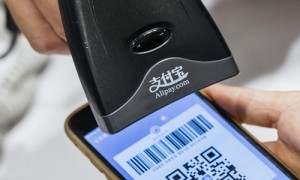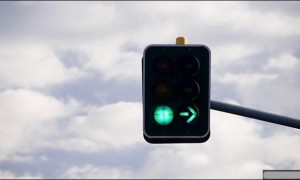Many South Korean experts see the installation of the THAAD in their country as a provocation to China. The move has increased tensions in the region and some experts say the system's deployment could present Seoul with a diplomatic dilemma.
A diplomatic game or a strategic move? The United States has been trying to install the THAAD system in South Korea since 2012.
The system is designed to track and shoot down missiles at altitudes of up to 150 kilometers. But rockets from the Democratic People's Republic of Korea normally fly at low altitudes of around 20 kilometers, meaning the THAAD system might be unable to intercept them.
Experts on Far East Studies believe the deployment of THAAD will undermine peace on the Korean Peninsula as well as regional and global security, and could also provoke an international arms race.
saying quote: "with the THAAD deployment, South Korea now enters the U.S. missile defense network, which would harm the geopolitical balance in the region and provoke strategic change from China and Russia.
Cost is also an issue.
One THAAD battery range carries a price tag of between 1.5 to 2.5 billion US dollars.
Sang Man-Lee, a professor from Yonsei University in the South Korean capital, Seoul, said the deployment was not a good idea from a military standpoint nor did it make sense economically and diplomatically.
He said: "..Those who believe in THAAD will soon call for introducing more batteries of interception missiles, which cost trillions of won each but cannot discern nuclear warheads from decoys. A huge waste of taxpayers' money. "
Former prime minister of South Korea, Chung Un Chan, also said that booming trade and economic relations between China and South Korea could be severely damaged by the deployment of the THAAD system.
China is South Korea's biggest trading partner, with bilateral trade volume reaching 275 billion US dollars in 2015.
Chung says the deployment breaks the two countries' strategic mutual trust, the foundation of which lies in their economic ties.
The deployment of THAAD could present a diplomatic dilemma for Seoul, given that it has sought to enhance its strategic partnership with China ― its crucial partner for trade, tourism and efforts to denuclearize the DPRK.







